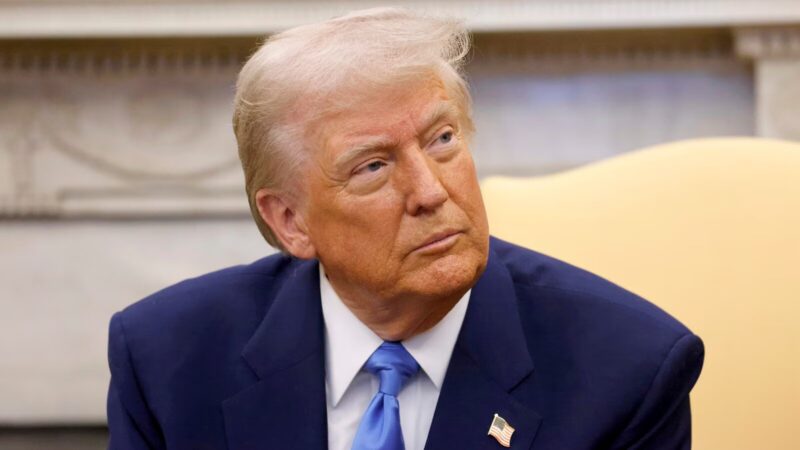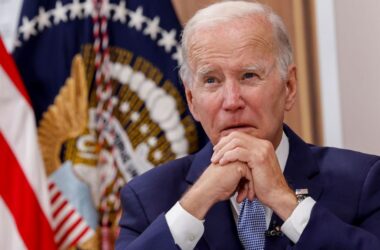In a fiery new demand, former President Donald Trump insisted that American military and commercial ships should sail freely through the Panama and Suez Canals — without paying a dime. Posting on Truth Social over the weekend, Trump argued that these critical waterways wouldn’t even exist without American involvement and support.
The call to action didn’t stop there. Trump said he’d already ordered Secretary of State Marco Rubio to “handle and formalize” the issue without delay, hinting that Washington wouldn’t sit idle while strategic routes slip beyond US influence.
Stretching his long-standing concerns about China’s growing footprint, Trump pointed not only to the Panama Canal — a frequent subject of his fiery remarks — but also to Egypt’s Suez Canal. The Suez, a vital link between the Mediterranean and Red Seas, has long been a linchpin for global trade.
Although the British and French first engineered the Suez Canal in the 19th century, Trump stressed that US economic and diplomatic muscle played a crucial role in keeping Egypt’s control intact over the decades. Historical records back up the claim — during the Suez Crisis of the 1950s, Washington pushed hard to get Britain, France, and Israel to pull out their forces, allowing Egypt to retake full command. Later, after conflict shuttered the waterway in the late 1960s, US diplomacy once again helped broker peace, finally restoring the canal to Egyptian authority by 1982.
Meanwhile, Trump’s broader concerns about Panama trace back to America’s hands-on role in both building the canal and securing Panama’s independence over a century ago. Although the US handed over full control in 1999 under the Torrijos-Carter Treaties — agreements that promised the canal’s neutrality — Trump has raised alarms about China’s growing presence in the region.
While Panamanian leaders have repeatedly shot down accusations of Chinese control, tensions simmered earlier this year when Senator Rubio delivered Trump’s sharp ultimatum to Panama City. In response, newly-elected President Jose Raul Mulino refused to renew deals tied to China’s Belt and Road Initiative, signaling a partial win for Washington.
Defense Secretary Pete Hegseth added fuel to the fire this month by confirming the deployment of US Navy ships, Coast Guard units, and surveillance aircraft around Panama. The move, he said, marks “bold first steps” to rekindle America’s military and security ties with its southern neighbor.
Trump’s demands throw fresh light on how waterways once forged through sweat and diplomacy are fast becoming battlegrounds in a new era of global rivalry.




